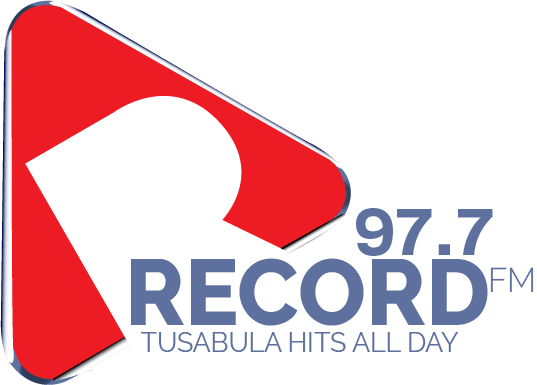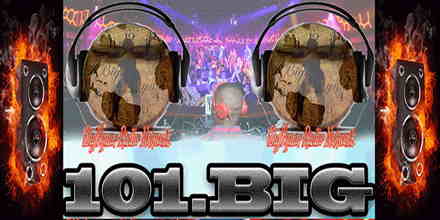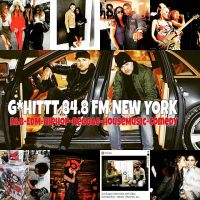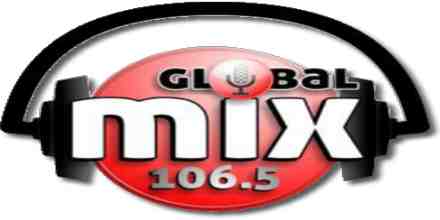Urban music is a broad and dynamic category that encompasses a variety of styles originating from inner-city communities, particularly in the United States. This genre is deeply rooted in cultural expressions that reflect the experiences, struggles, and triumphs of urban life. Urban music includes several sub-genres such as hip-hop, R&B, soul, trap, drill, and Afrobeat, each with its unique characteristics but all sharing a common thread of authenticity and raw emotion.
Hip-hop, often considered the cornerstone of urban music, emerged in the late 1970s in the Bronx, New York. It combines elements of rap (rhyming lyrics delivered over beats), DJing, breakdancing, and graffiti art. Hip-hop's lyrical content frequently addresses social issues, personal narratives, and political commentary, making it a powerful medium for storytelling and activism. Iconic figures like Grandmaster Flash, Public Enemy, and Tupac Shakur have shaped the genre with their groundbreaking albums and performances.
R&B (Rhythm and Blues) is another pivotal component of urban music, evolving from African American musical traditions such as gospel, blues, and jazz. Modern R&B, often referred to as "contemporary R&B," incorporates electronic elements and synthesizers, creating a smooth and sultry sound. Artists like Marvin Gaye, Whitney Houston, and Beyoncé have left indelible marks on the genre with their emotive vocals and innovative production techniques.
Soul music, closely related to R&B, emphasizes deep emotional expression and often features gospel influences. It gained prominence in the 1960s with artists like Aretha Franklin, Otis Redding, and Sam Cooke, who delivered powerful performances that resonated with audiences worldwide. Soul music's emphasis on vocal prowess and heartfelt lyrics has made it a timeless genre within urban music.
Trap music, originating from the Southern United States in the late 1990s, is characterized by its heavy basslines, synthesized melodies, and rapid hi-hats. Trap often explores themes of street life, drug culture, and material wealth. Pioneers like OutKast, T.I., and Gucci Mane laid the foundation for trap's evolution, while contemporary artists such as Future, Travis Scott, and Megan Thee Stallion have taken it to new heights with their innovative productions and catchy hooks.
Drill music, originating from Chicago in the early 2010s, is known for its dark, minimalistic beats and raw, often violent lyrics. Drill reflects the harsh realities of inner-city life, providing a voice for marginalized communities. Artists like Chief Keef and Lil Durk have gained international recognition with their gritty storytelling and authentic portrayals of urban struggles.
Afrobeat, a fusion of West African musical styles and American funk and jazz influences, has also become an integral part of the urban music landscape. Originating in Nigeria in the 1960s, Afrobeat is characterized by its complex polyrhythms, horn sections, and socially conscious lyrics. Fela Kuti, often referred to as the "King of Afrobeat," pioneered the genre with his politically charged music and performances.
Urban music continues to evolve, incorporating elements from various genres and cultures around the world. Its ability to adapt and reflect contemporary societal issues makes it a vibrant and ever-changing art form. From the streets of New York to the clubs of Lagos, urban music serves as a global language that unites diverse communities through shared experiences and emotions.
 3.7k
3.7k
 10
Uganda, Mbarara Urban 128 kbps MP3
10
Uganda, Mbarara Urban 128 kbps MP3 445
Uganda, Kampala Urban 160 kbps MP3
445
Uganda, Kampala Urban 160 kbps MP3































